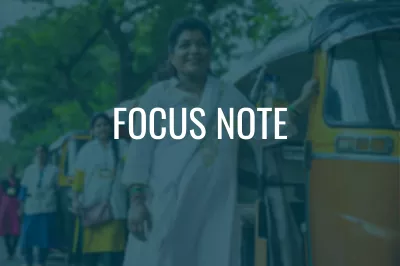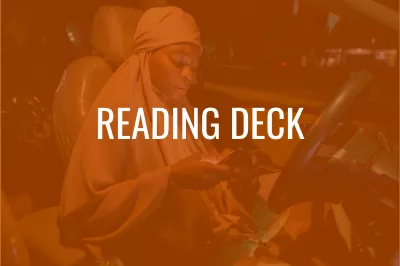Can gig platforms enable financial inclusion?
CGAP supported five pilots to offer financial services to platform workers to understand the potential of the platform ecosystem to make financial inclusion for this segment more effective, viable, and impactful. These experiences create a picture of how platform rails are being leveraged to design, target, and offer innovative financial services for workers. The set of three briefs presented here offer a guide to platforms, FSPs, and fintechs worldwide seeking to understand how to embed financial services for platform workers and the state of innovation today.
“The drivers for us literally drive our company and push the ecosystem forward. And so, if they are doing well, if we can positively impact their livelihoods, economic well-being, and stability, that is a good thing for the ecosystem. It creates a healthier, more stable, more sustainable ecosystem, and brings value to the company as well.”
What we have learned so far: Innovators' perspective
CGAP fostered a learning collaborative with 50 executives from platforms, fintechs trying to introduce financial services for gig workers. These videos bring together their views on the opportunities they found, their learnings through experimentation, and ideas to solve emerging challenges. See the whole playlist here.
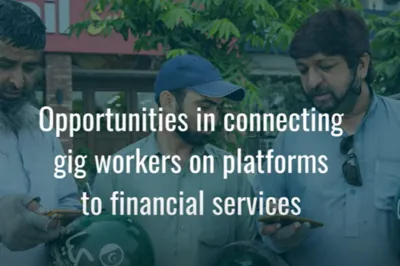
Get insights from a range of experts in the fintech and platform industry about the advantages of developing financial services tailored specifically to the requirements of gig workers.
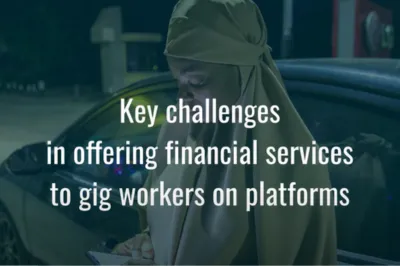
Gain insights from professionals in the industry regarding the challenges of providing financial services to gig workers on platforms.
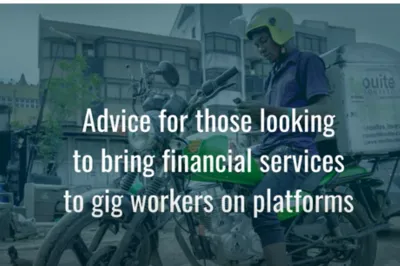
Offering financial services to gig workers presents numerous challenges for platforms. To address these challenges, industry experts advise careful consideration when designing delivery mechanisms for such services. Here are some helpful tips.
How can development funders support platform-based financial inclusion?
Development funders have an important role to play in encouraging and scaling innovation in platform-based financial services. Our experience suggests that progress may not happen without broader support from global stakeholders, since few governments and platforms fully understand opportunities latent in digital work and the need to build, rather than endanger, the financial health of workers. More work can also be done to highlight and facilitate the impactful work of innovators finding new ways to provide these services. Finally, funders must foreground worker needs in their funding and investments.
"As a fintech, the opportunity is threefold. Platforms are a great channel to access workers with low acquisition costs. Second, the work data is a single game-changing factor for underwriting these workers. Third, being able to deduct our repayment from source during platform payouts allows us to secure our business model.”
Additional Resources
VIDEO PLAYLISTS
Platform Workers
A collection of videos featuring gig workers on different platforms sharing the importance and benefits of accessing additional financial services such as loans, savings, and insurance to ensure a secure future.
IMMERSIVE STORY
Financial Inclusion for Digital Platform Workers
Learn about platform workers and their financial services needs through the stories of platform workers, as captured in this collection of photos and videos.
A diverse set of individuals and microenterprises generate their livelihoods through digital platforms, growing fast in emerging markets and developing economies (EMDEs). In this blog series, CGAP unpacks its extensive research with platform workers, platforms, and financial






